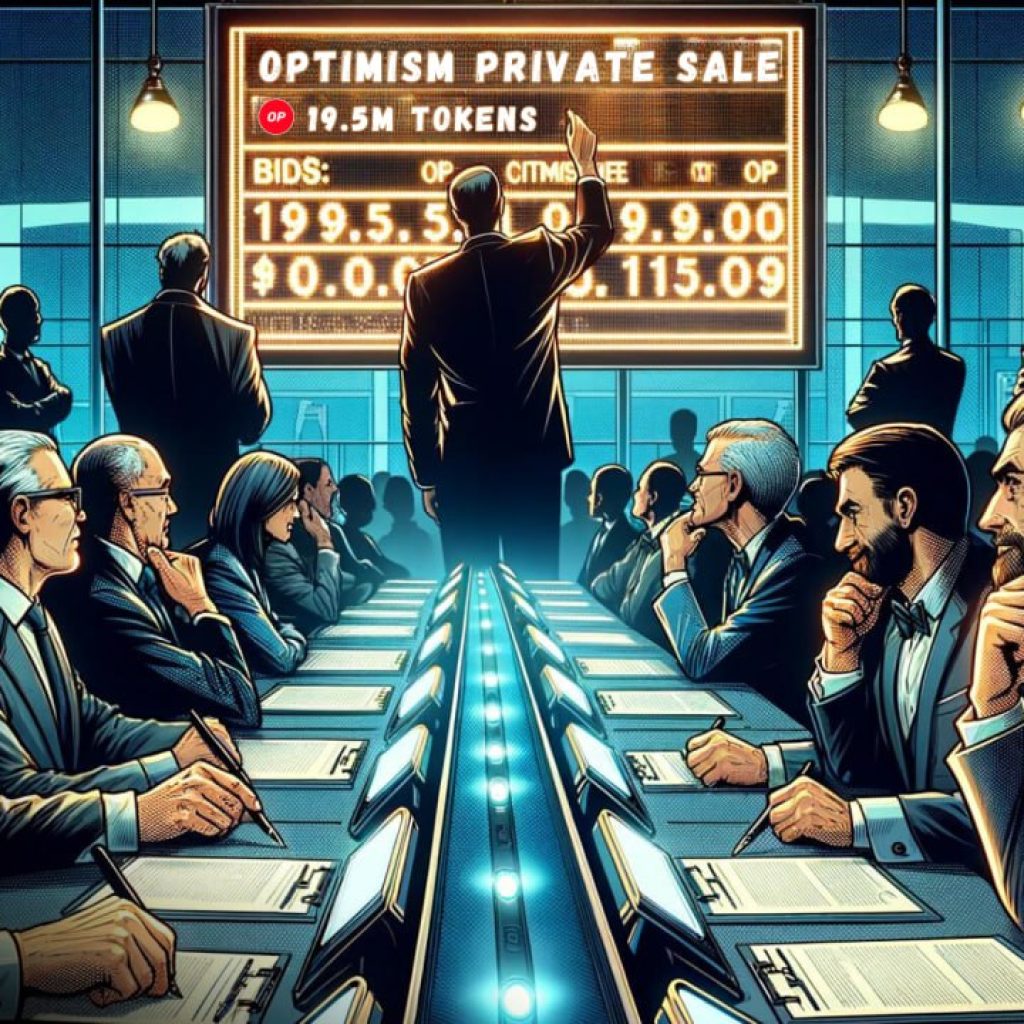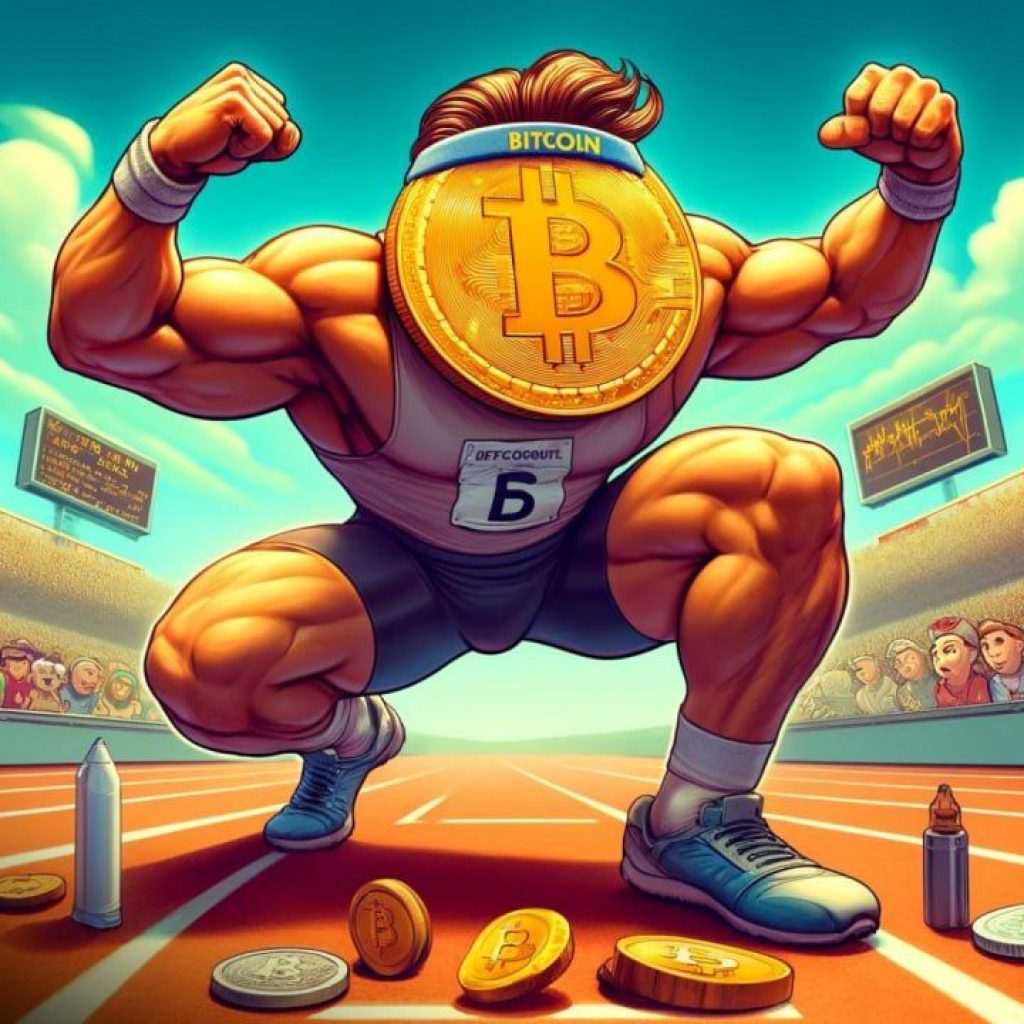Worldcoin (WLD), a cryptocurrency project linked to Sam Altman, recently underwent significant price fluctuations. These market movements are closely tied to Altman's changing role at OpenAI, a prominent artificial intelligence firm, where he was recently ousted as CEO.
The announcement of Altman's departure from OpenAI led to an initial decline in WLD's value. This trend was followed by a period of increased volatility amid speculation about his potential return to the organization. These developments have highlighted the impact of leadership dynamics in tech companies on cryptocurrency markets, hinting that Altman's departure from OpenAI might signal a negative turn for the Worldcoin co-founder. This isn't the first time that WLD faced a slew of challenges along its roadmap. Earlier in July, the project was met with severe criticism from UK regulators as it launched.
Worldcoin, known for its innovative approach of using retina scanning for digital identity verification, initially saw its value plummet following the news of Altman's departure from OpenAI. Data from CoinMarketCap indicates a decline from $2.48 on November 16 to around $1.84. This downward trend was a direct reaction to the uncertainty surrounding Altman's role. Despite this initial turn, the market showed resilience as WLD prices surged by 12% within roughly 24 hours, reaching $2.54, only to fall again to $2.30 upon the announcement of Emmett Shear replacing Altman as CEO at OpenAI.
This price rollercoaster of Worldcoin implies a strong connection between leadership figures in technology companies and the cryptocurrency market. Altman's influence on Worldcoin, despite it operating independently from OpenAI, is evident in the market's response to his professional movements. The initial rebound in WLD's value seemed to be fueled by efforts within OpenAI to potentially reinstate Altman, showcasing the crypto market's sensitivity to tech industry dynamics.
However, Worldcoin's ambitious project has not been without criticism. Since its inception in July, the platform has sparked debates over its approach to privacy, security, and the implications of its centralization. The use of retina scanning technology for human authentication, while innovative, raises concerns about privacy and the ethical use of biometric data, leading to a polarized reception within the crypto community. So much so, that even Vitalik Buterin, co-founder of Ethereum, has chimed in.
The broader context of this scenario also reflects the growing interest in AI-related cryptocurrencies. The overall market capitalization of AI-integrated tokens like Fetch.ai (FET), SingularityNET (AGIX), and Akash Network (AKT) has risen by 7.2% to $6.5 billion. This trend underscores the merging paths of AI and blockchain technology, opening new frontiers in both sectors.
Notably, the events surrounding Worldcoin and OpenAI bring to the forefront the need for robust regulatory frameworks. To this writer, at least, it appears that the lack of clear regulations in both AI and cryptocurrency sectors poses challenges in ensuring ethical practices, consumer protection, and market stability. We're only at the cusp of a revolutionary shift in tech, and while we're at it, it's important to maintain a clear-cut perspective on what matters for crypto and its users: objective, balanced, and comprehensive regulation that does not stifle the ideals of decentralization, financial freedom, and social impact in terms of inclusion, which crypto as an industry is ultimately founded on.
Disclaimer: This article is provided for informational purposes only. It is not offered or intended to be used as legal, tax, investment, financial, or other advice.





